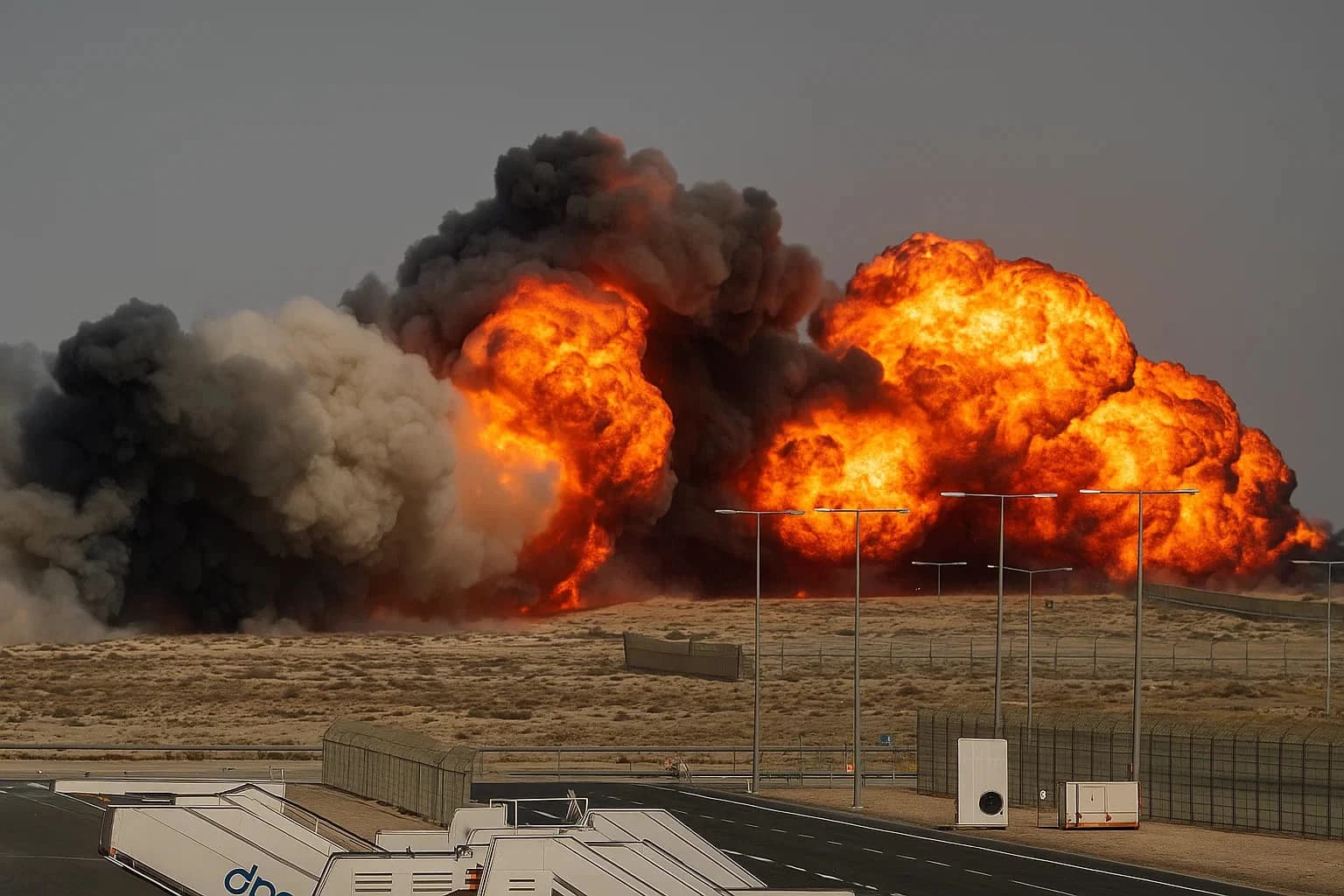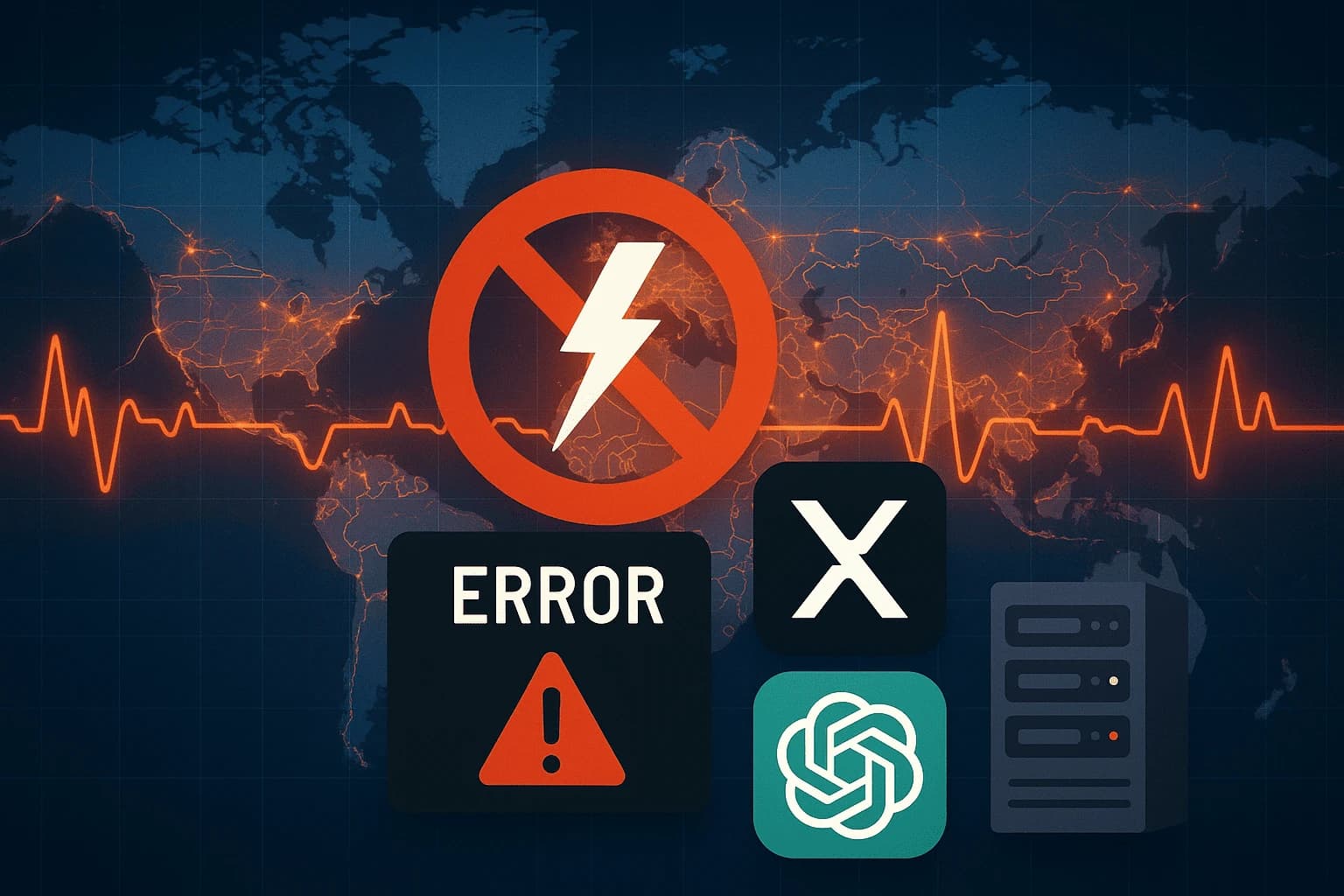Asia and Middle East Suffer Internet Outages as Red Sea Undersea Cables Cut

* All product/brand names, logos, and trademarks are property of their respective owners.
A major internet disruption has hit parts of Asia and the Middle East after several undersea cables in the Red Sea were reportedly cut, according to multiple monitoring agencies and telecom sources. The outage has led to slower internet speeds, higher latency, and service interruptions across countries including Pakistan, India, the UAE, and Saudi Arabia.
According to NetBlocks, a global internet observatory, the connectivity issues began on September 6, impacting key submarine cable systems such as SMW4, IMEWE, and FALCON GCX. These cables run through the Red Sea near Jeddah, Saudi Arabia, and are essential for data flow between Europe, the Middle East, and Asia.
“The disruption appears to be affecting international traffic routes, particularly for users in South Asia and the Gulf,” NetBlocks reported.
In the UAE, telecom providers du and Etisalat by e& confirmed that some customers are experiencing reduced browsing speeds. Similar complaints were reported in Pakistan, where users of PTCL and other ISPs noticed sudden drops in streaming quality and high ping rates in online gaming.
Tech giants are also feeling the impact. Microsoft released a statement noting increased latency in its Azure Cloud services, as data traffic is being rerouted through alternate, less-efficient paths. However, no critical outages have been reported so far.
Experts warn that the situation may take weeks to fully resolve, as repairing undersea cables involves complex marine operations and weather-dependent logistics. Previous similar incidents have taken anywhere from 2 to 6 weeks for full restoration.
Adding to the tension, there is growing speculation around the cause of the damage. While no official statement has confirmed foul play, some reports suggest the Houthi rebels in Yemen may be linked to the cable disruptions though this remains unverified.
For now, internet providers across the affected regions are urging users to be patient as traffic is managed through backup routes. Businesses relying heavily on cloud infrastructure and real-time data may see noticeable performance issues during peak hours.
This event once again highlights the fragility of global internet infrastructure and the heavy dependence on a handful of deep-sea data routes to keep the digital world connected.
Related Posts

Indian Tejas Fighter Jet Crashes in Fiery Explosion at Dubai Air Show, Pilot Dead
22 November 2025

Cloudflare Outage Causes Global Internet Disruption — X, ChatGPT & Major Sites Down
18 November 2025
Comments (0)
No comments yet. Be the first to comment!

.webp&w=3840&q=75)